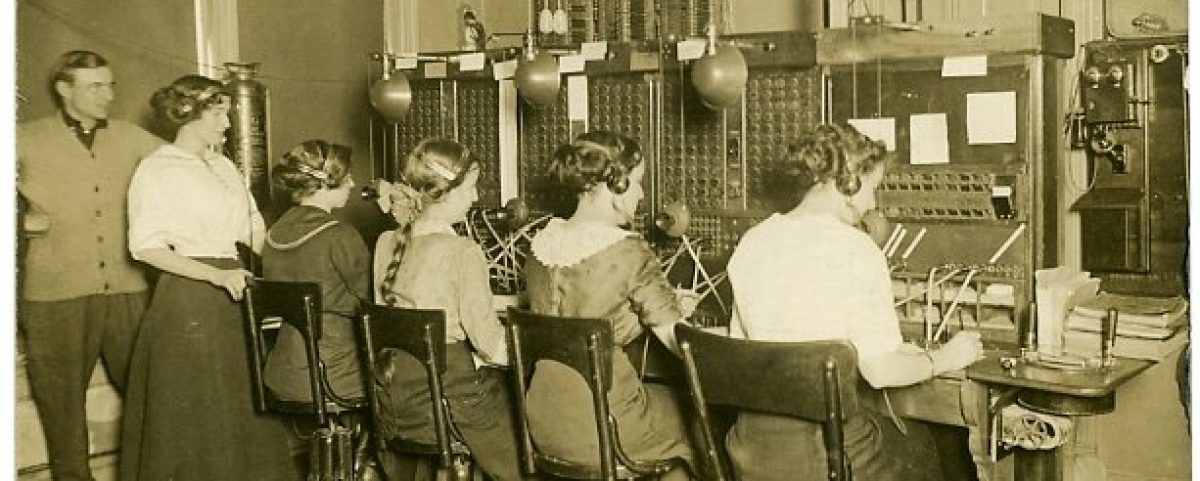For years, I have studied African American health care, seeking to understand the history of practices before Black Americans gained access to mainstream medicine. This fieldwork has given me the opportunity to interview nurses, aides, physicians, and tradition bearers in communities across Maryland, Delaware, Pennsylvania, and New Jersey.
So when the Association for the Study of African American Life and History selected “Black Health and Wellness” as its 2022 theme, a couple of organizations asked me to discuss the contributions of two medical pioneers in Maryland.
Dr. Stansbury in Havre de Grace
In the 20th century, African American physicians established practices in more communities. In Harford County, Dr. George T. Stansbury opened his office in Havre de Grace in 1950. But the Howard University College of Medicine graduate could not admit patients to Harford Memorial Hospital, which maintained a segregated ward.
In 1960, a tragedy occurred at the hospital when the staff initially denied a young Black woman full access to all the labor and delivery facilities after medical complications developed. Dr. Stansbury spent the night with the patient, doing what he could to save the newborn and mother. But, both passed away. The father sued, and in 1963, the hospital agreed to integrate.
The Havre de Grace Colored School Museum and Cultural Center honored Dr. George T. Stansbury with several activities, including a documentary. For the film, I discussed Dr. Stansbury’s role in the incident.
Dr. James Johnson in Elkton
For the Cecil County Chapter of the NAACP, I talked about Dr. James L. Johnson. The graduate of Meharry Medical College, a Freedmen’s Bureau-era School in Nashville, TN, came to Elkton to open his office in 1934. When Dr. Johnson started practicing medicine in the middle of the Great Depression, the county’s health care system was segregated, like every other aspect of life in Cecil County. To admit patients to Union Hospital, Doctor Johnson made arrangements with one of the community’s white physicians.
The segregated system for patient care remained in place until landmark civil rights decisions in the 1960s forced changes. The 1964 Civil Rights Act, hospital desegregation rulings in the federal courts, the passage of Medicare and Medicaid, and other initiatives created a Civil Rights era in health care. Consequently, the separate wards system ended in Elkton as Doctor Johnson received full staff privileges. The respected physician maintained a busy practice until the 1970s.
It is important to remember those who paved the way for the current generation and the difficulties they faced.


